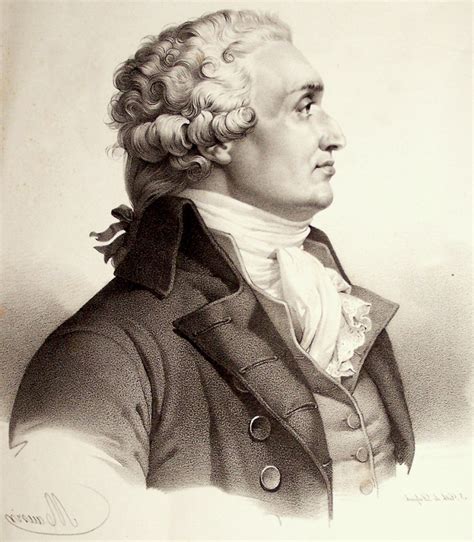A Quote by Michael Beschloss
We insist that ours is a government of laws, not men, but it is striking how often large historical forces pivot on something so unpredictable as the continued good health of a politician.
Related Quotes
It is urged that the use of the masculine pronouns he, his, and him in all the constitutions and laws, is proof that only men were meant to be included in their provisions. If you insist on this version of the letter of the law, we shall insist that you be consistent and accept the other horn of the dilemma, which would compel you to exempt women from taxation for the support of the government and from penalties for the violation of laws. There is no she or her or hers in the tax laws, and this is equally true of all the criminal laws.
Although a government study found that men's health was much worse than women's health or the health of any minority group, headlines around the country read: 'Minorities Face Large Health Care Gap.' They did not say: 'Men Face Large Health Care Gap.' Why? Because we associate the sacrifice of men's lives with the saving of the rest of us, and this association leads us to carry in our unconscious an incentive not to care about men living longer.
I know some say, let us have good laws, and no matter for the men that execute them: but let them consider, that though good laws do well, good men do better: for good laws may want good men, and be abolished or evaded [invaded in Franklin's print] by ill men; but good men will never want good laws, nor suffer ill ones.
More importantly, the Court forgets that ours is a government of laws and not of men. That means we are governed by the terms of our laws, not by the unenacted will of our lawmakers. 'If Congress enacted into law something different from what it intended, then it should amend the statute to conform to its intent.' In the meantime, this Court 'has no roving license ... to disregard clear language simply on the view that ... Congress 'must have intended' something broader.
Writers of historical fiction are often faced with a problem: if they include real-life people, how do they ensure that their make-believe world isn't dwarfed by truth? The question loomed large as I began reading 'The Black Tower', Louis Bayard's third foray into historical fiction and fifth novel overall.
...if the citizens neglect their Duty and place unprincipled men in office, the government will soon be corrupted; laws will be made, not for the public good so much as for selfish or local purposes; corrupt or incompetent men will be appointed to execute the Laws; the public revenues will be squandered on unworthy men; and the rights of the citizen will be violated or disregarded.








































